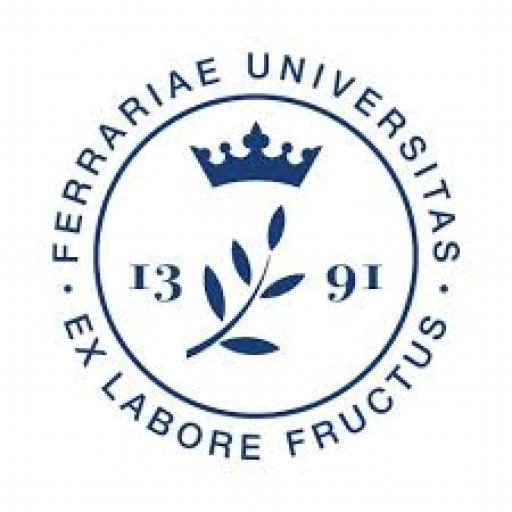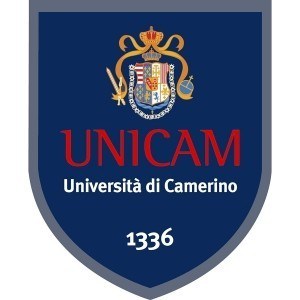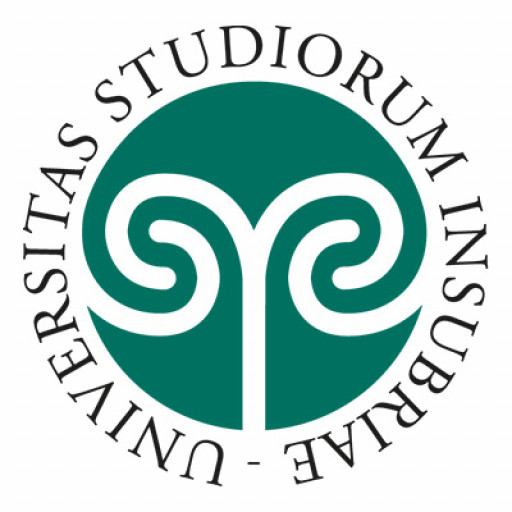The International Physics Studies Programme at Leipzig University offers a comprehensive and interdisciplinary education designed to prepare students for a wide range of careers in scientific research, industry, and academia. This program emphasizes a solid foundation in theoretical and experimental physics, fostering critical thinking, problem-solving skills, and a deep understanding of physical principles that govern the natural world. Students will explore core areas such as classical mechanics, electromagnetic theory, quantum physics, thermodynamics, and condensed matter physics, while also gaining practical laboratory experience through hands-on experiments and research projects.
A key feature of this programme is its international orientation, attracting students from diverse cultural backgrounds and encouraging the development of intercultural communication skills. Courses are delivered in English, facilitating an accessible and globally oriented learning environment. The curriculum is designed to be flexible, offering Elective modules that allow students to pursue specialized interests in areas such as astrophysics, nanotechnology, or biophysics. Additionally, students have the opportunity to participate in international exchange programmes, internships, and collaborative research projects with leading scientific institutions worldwide.
Leipzig University is renowned for its research excellence and commitment to modern scientific education. Students benefit from state-of-the-art laboratories and research facilities, alongside mentorship from experienced lecturers who are active researchers. The programme aims not only to provide students with a thorough grounding in physics but also to develop their analytical skills, teamwork abilities, and scientific communication competencies. This prepares graduates for successful careers in research, technology development, or further academic study.
Graduates of the International Physics Studies Programme are well-equipped to contribute to advancements in science and technology, addressing global challenges such as climate change, renewable energy, and medical innovations. The programme’s emphasis on international collaboration, research excellence, and practical skills makes it an ideal choice for ambitious students seeking a stimulating, globally oriented physics education.
Educational organisation
The core of the study programme comprises six subjects: Experimental Physics (semesters 1 to 5), Mathematics (semester 1 to 3), Theoretical Physics (semesters 1 to 5), Advanced Physics lab course (semester 6), Numerical Mathematics (semester 4), and the internship (semester 5). The remaining credit points are awarded for the electives (German courses or Chemistry/Computational Software), the specialisation courses in topical physics areas, and for the Bachelor's thesis.Study abroad unit(s)
OptionalInternships
There are possibilities to do internships at:- Institute for Surface Modification (http://www.iom-leipzig.de/index_e.cfm)
- Max Planck Institute for Mathematics in the Sciences (http://www.mis.mpg.de)
- The Helmholtz Centre for Environmental Research - UFZ (http://www.ufz.de/index.php?en=11382)
- Institute of Interdisciplinary Isotope Research (http://www.iif-leipzig.de)
- Leibniz Institute for Tropospheric Research (http://www.tropos.de/en)
Forms of assessment
Written and oral examinationsCourse objectives
The Bachelor's programme provides basic knowledge, capabilities and scientific methods for independent business and research work in physics or related topics. Graduates are able to pursue further scientific education. Traditional fields of employment for physicists are in microelectronics, construction of scientific and medical devices, fine mechanics, engineering, optics, the chemical industry and communication technology. Thanks to the analytic research concepts and problem-solving strategies physicists have learned, they often find employment in fields seemingly unrelated to physics. Graduates of our programme are invited to continue their education in our Master's programme in Physics or in a related subject.Language requirements
A minimum of 500 hours of English courses are required.Academic requirements
The general or subject-oriented matriculation standard (12 years of school attendance) is necessary for admission. Further certificates have to be acknowledged by the responsible and officially recognised administration. Extended school courses in mathematics and/or physics are recommended, but not obligatory.Enrolment fees
197.50 EUR per semester (including the use of the public transport system in the city of Leipzig)Costs of living
Approx. 750 to 800 EUR per monthJob opportunities
Starting in the third semester, the department might employ students for exercise corrections, programming, specific laboratory work, and tutorials.A typical wage is about 450 EUR per month.
Arrival support
Central Orientation Week organised by the International CentreSee: http://www.wilma-leipzig.de
E-mail: faraphy@uni-leipzig.de









